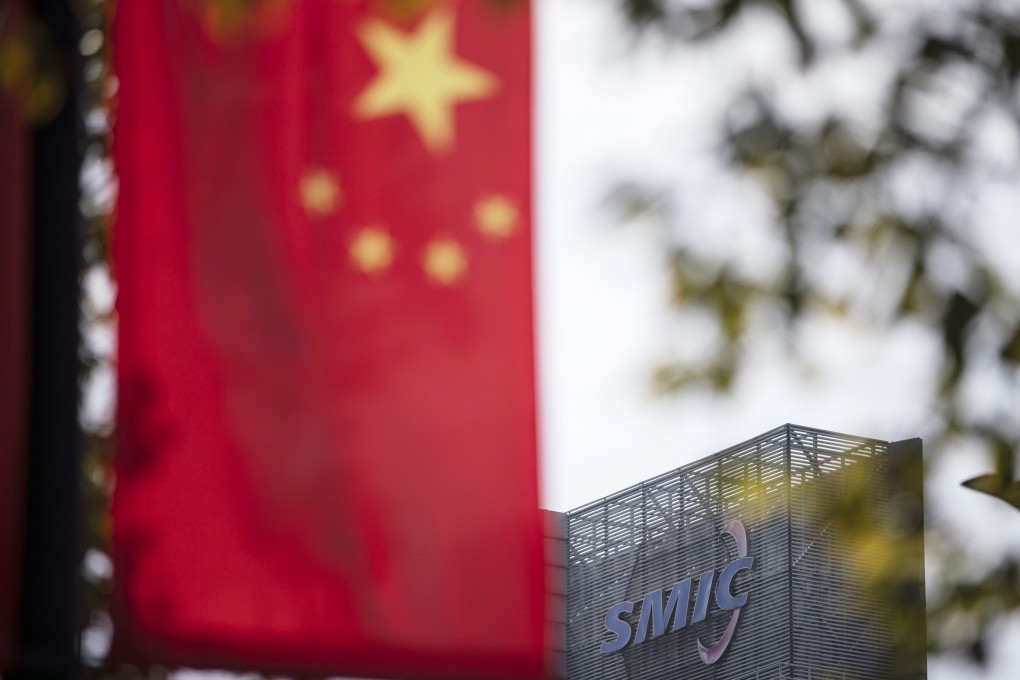US-China tech war: AI, semiconductors get quasi-military commanders as ‘supply chain chiefs’ to boost self-sufficiency
- Local governments in China have taken to appointing ‘supply chain chiefs’ to oversee hi-tech industries such as artificial intelligence and semiconductors
- The effort has not been officially endorsed by Beijing, but President Xi Jinping’s adviser Liu He was recently put in charge of national chip development

Local governments across China are rushing to appoint their own “supply chain chiefs”, a new title emerging as part of a quasi-military command system for corporate governance in an effort to add some muscle to local support of Beijing’s self-sufficiency drive amid a protracted trade rivalry with the US.
The purpose of the new command system is to “ensure safety and stability of supply chains” by bringing down bureaucratic silos and centralising government planning. It is also an organisational adjustment to better protect supply chains from disruptions of the coronavirus pandemic, according to the Guangzhou government.
Arisa Liu, a senior research fellow at the Taiwan Institute of Economic Research, said the new command system reflects an urgency in China to catch up quickly in the US-China tech war and to reduce its dependence on technologies from its geopolitical rival.
“The competition and conflict between the US and China will persist,” Liu said. “Semiconductors are still the key to the technology war. This situation has forced Chinese officials to continue to think about new policies to support industries.”
Guangzhou’s version of the new system will have five layers of supply chiefs, according to a statement the city posted to its website on Friday. The city’s Communist Party secretary or the mayor will act as the “general chief” of a given industry while a vice-mayor oversees industrial development as the deputy.
Below them, a group of 10 municipal leaders – including the head of the city legislature, the head of the political consultative council, members of the municipal Communist Party committee, and other vice-mayors – will serve as “municipal-level supply chain chiefs”, with lower-ranking officials acting as deputies. The district directors or party secretaries will act as the lowest level of chiefs in Guangzhou.
The supply chain chiefs, or the top bureaucrats in Guangzhou, will work with business leaders in the city of 15 million. These so-called supply chain owners will be made up of company chairmen and CEOs, presidents of industry associations and other industry experts, according to the policy announcement.